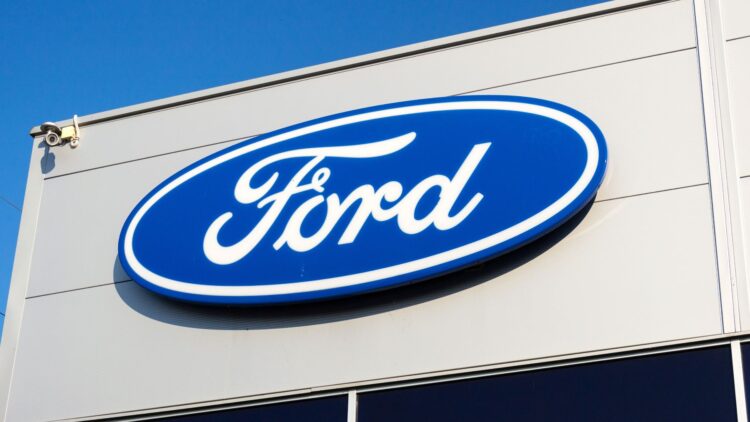Technology in cars is something that we are all getting used to just having. While not that long ago having electric mirrors was a massive upgrade, the infotainment systems we all have installed in very dashboard make that revolutionary advance look like nothing. But now some companies like Ford are evaluating if all those extras that cost a lot of money are worth to have as standard in every car, and the one that seems first on the chopping block is Active Park Assist.
While we have gotten used to having the world at our fingertips thanks to out phones, sometimes we do not realize what it takes to out new technology into other machines. One of the most expensive machines to put all this new tech is cars, which have gone from being full of mechanic components that could be fixed with a wrench to being a maze of wires that connect to a computer and can do more than just drive.
Many pieces of new tech make sense, after all they have become safety measures that help reduce accidents, like better front and back lights that are adaptive or a million cameras that do not just help us park, but also check if there are any small humans that cannot be seen by the mirrors and can be run over when we reverse.
Other tech upgrades are just nice to have, like screens for the back of the front passenger seats to entertain children or nice surround systems, or, in the case we are talking about, Active Park Assist. These nice to have features are just as expensive as we believe and drive up the cost of vehicles, but many are not willing to pay for the increases in price and have complained endlessly about having to pay more for cars (and insurance) in the past few years.
Why Ford is deciding to do away with the Active Park Assist feature
As useful as it is for some drivers to have the Active Park Assist feature in their car, the company disagrees with how much value it brings to the table, especially considering how much it costs to install and maintain. In this times of economic uncertainty when Chinese companies have taken over the car world due to the subsidies they get from the government to make their cars cheaper, American car companies are struggling to keep up and so eliminating some of the most costly features is a good way to reduce costs.
Ford’s COO Kumar Galhotra explained the decision on the company’s earnings call earlier this week the reasons to do away with this feature, citing not just costs, but also the fact that “very, very few people” are actually using the feature.
Given the circumstances, Ford has decided to drop its automated parking technology from several models that offered it as standard, including the Edge, Escape, F-150, and Mustang Mach-E, in an effort to keep the costs down without compromising on any of the other features that make the cars stand out. This adjustment is expected to cut roughly $60 per vehicle, will would translate to a potential annual savings of around $10 million, based on current production levels.
The move is part of a bigger initiative to reduce expenses by $2 billion across various areas of the company, as it works to offset significant losses in its EV division, Model E, which is projected to fall short by as much as $5.5 billion and the change in the auto industry landsccape. While much of the savings will come from areas like materials, weight reduction, and manufacturing processes, Ford’s access to real-time vehicle data means additional features may be reconsidered as the company searches for further efficiencies.

